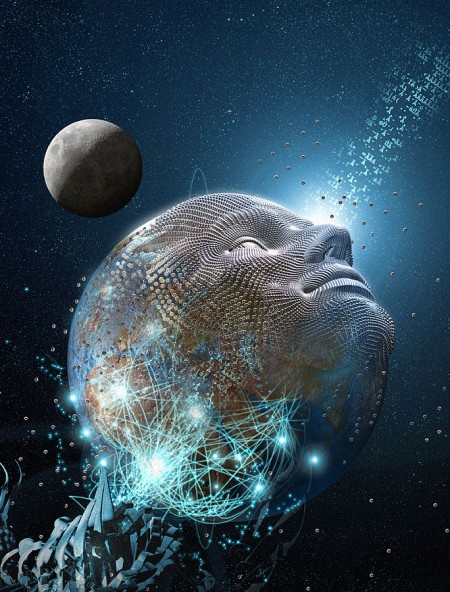Last year, reporters for the Associated Press attempted to figure out which jobs were being lost to new technology. They analysed employment data from 20 countries and interviewed experts, software developers and CEOs. They found that almost all the jobs that had disappeared in the past four years were not low-skilled, low-paid roles, but fairly well-paid positions in traditionally middle-class careers. Software was replacing administrators and travel agents, bookkeepers and secretaries, and at alarming rates.
Economists and futurists know it’s not all doom and gloom, but it is all change. Oxford academics Carl Benedikt Frey and Michael A Osborne have predicted computerisation could make nearly half of jobs redundant within 10 to 20 years. Office work and service roles, they wrote, were particularly at risk. But almost nothing is impervious to automation. It has swept through shop floors and factories, transformed businesses big and small, and is beginning to revolutionise the professions.
Knowledge-based jobs were supposed to be safe career choices, the years of study it takes to become a lawyer, say, or an architect or accountant, in theory guaranteeing a lifetime of lucrative employment. That is no longer the case. Now even doctors face the looming threat of possible obsolescence. Expert radiologists are routinely outperformed by pattern-recognition software, diagnosticians by simple computer questionnaires. In 2012, Silicon Valley investor Vinod Khosla predicted that algorithms and machines would replace 80% of doctors within a generation.
(Read the rest of the story here…)
